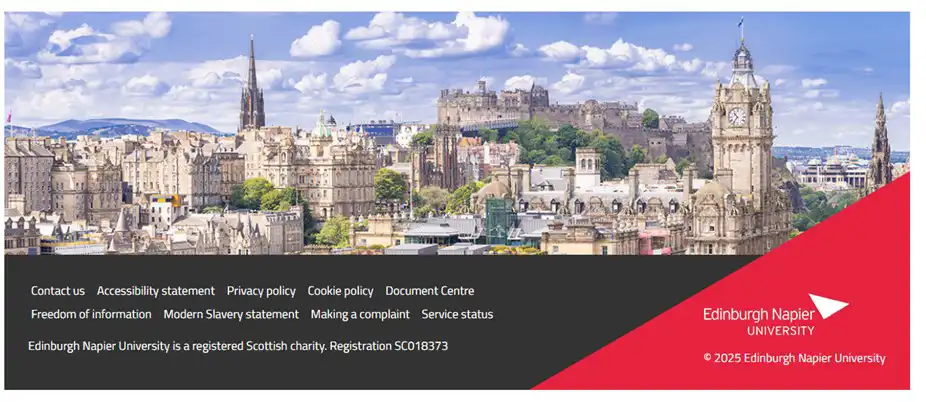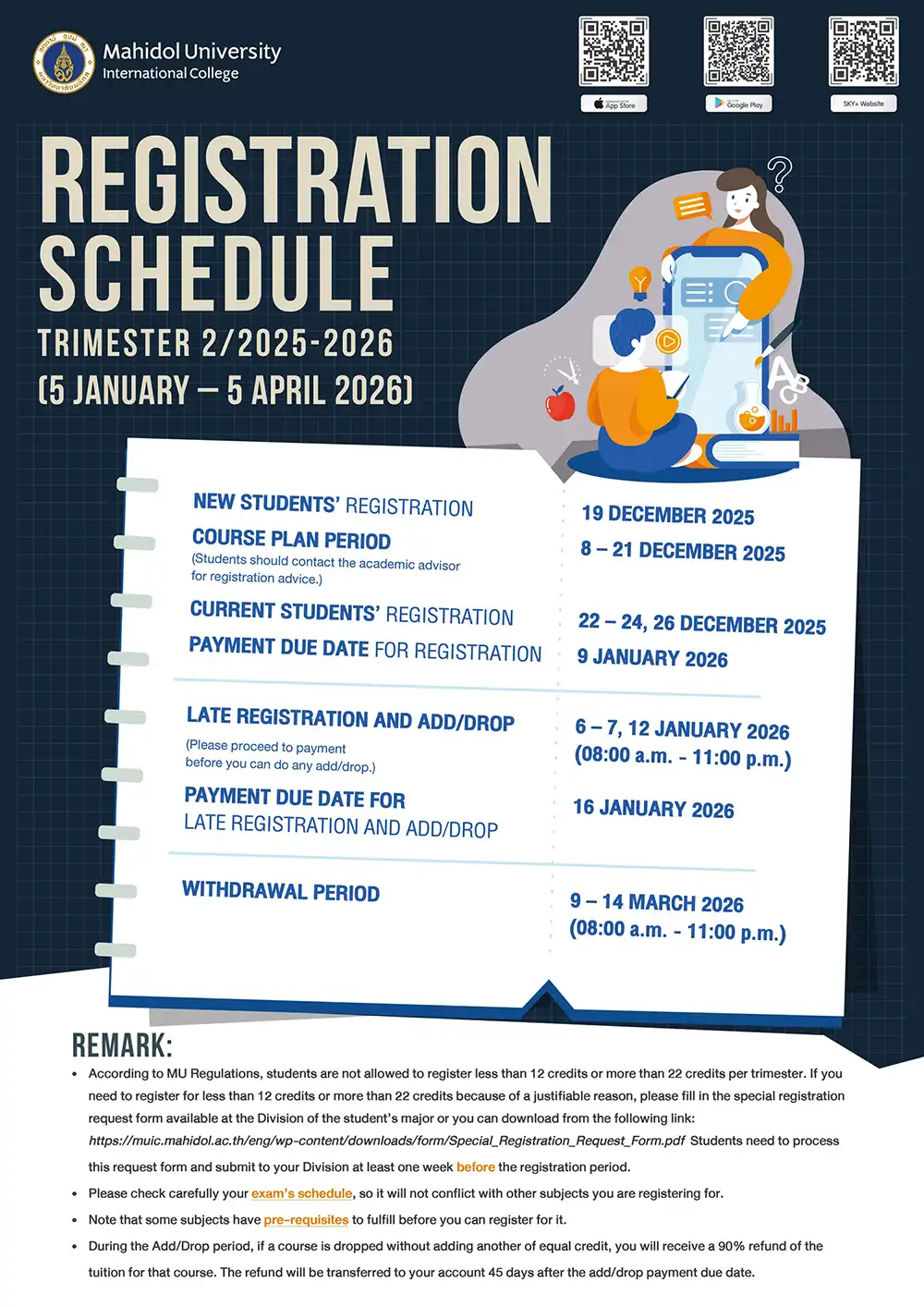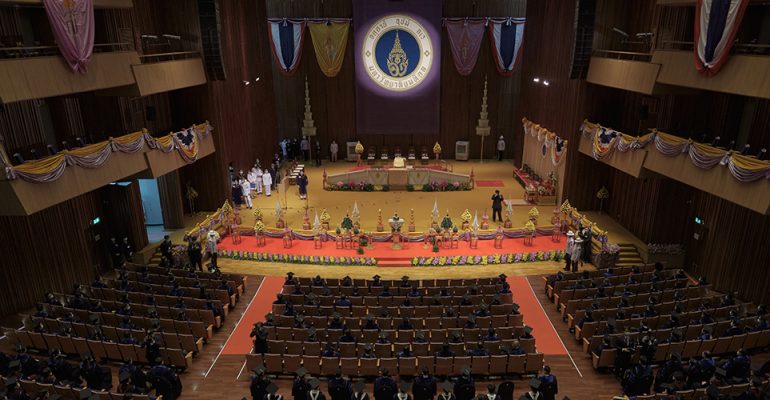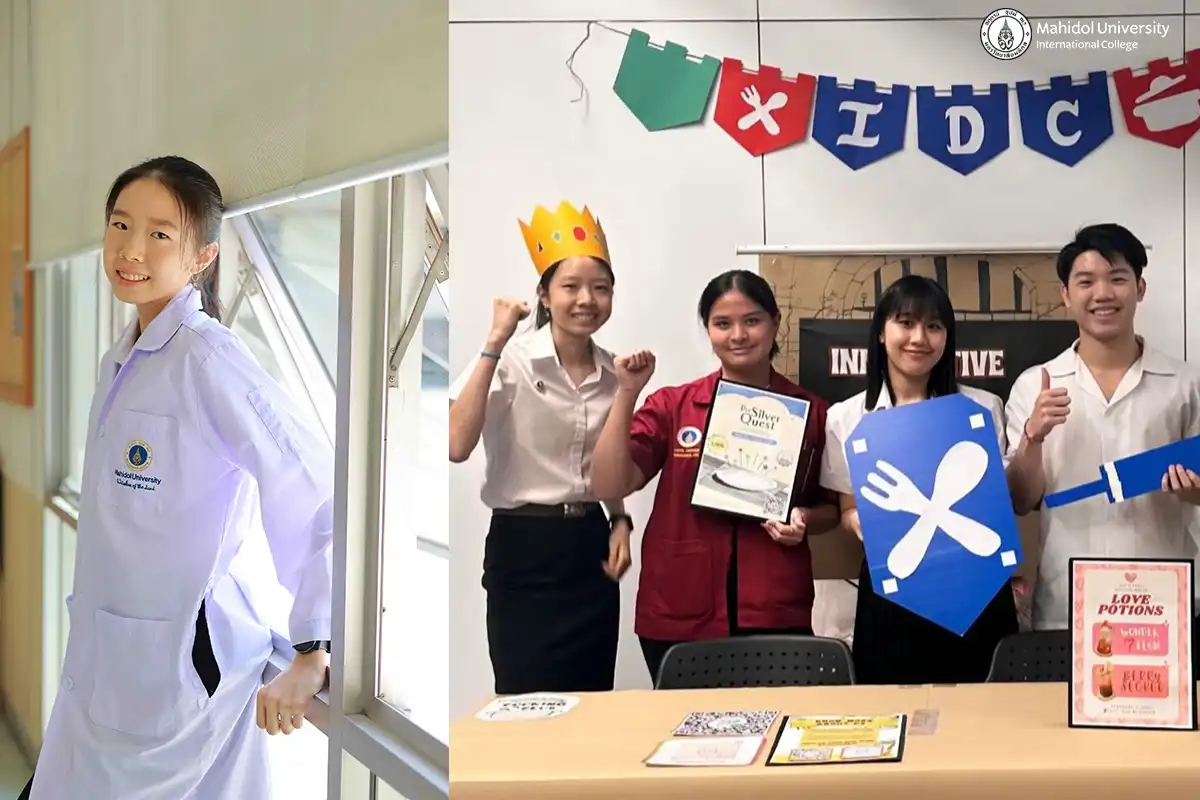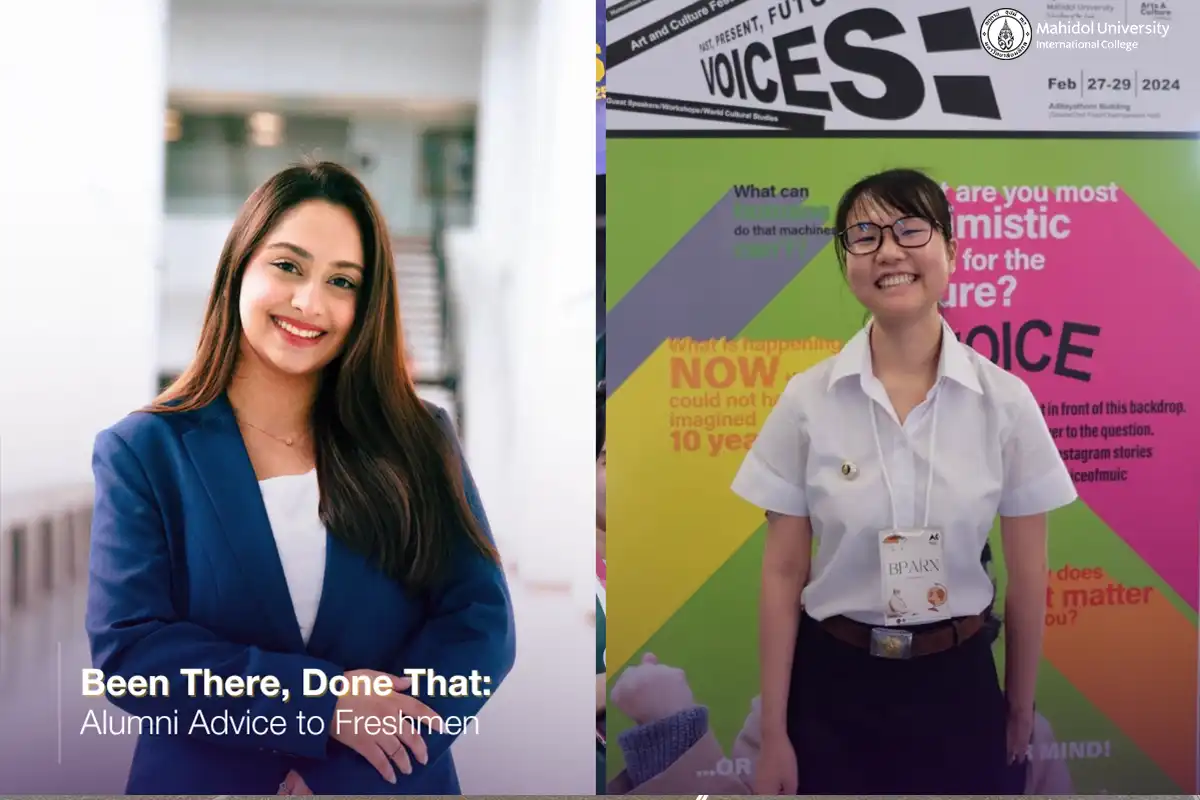Quo Vadis? The Ubiquitous Career Question
June 9, 2022 2022-06-09 2:11Quo Vadis? The Ubiquitous Career Question
By Asst. Prof. Dr. Daniel Pellerin
The most familiar question of all for teachers in the humanities is probably what the practical benefit of such a course of studies is supposed to be. Worried parents want to be reassured about their children’s material prospects, and the students themselves are understandably eager for profitable careers that will give them some independence at last.

All very reasonable, but not nearly as straightforward as it may seem. As most students will discover before long, the hiring process certainly puts a premium on degrees, but most employers treat them as certificates of general employability, not as qualifications for a job, and they are probably right to do so in most cases. What usually matters much more than your major or the courses you happened to take is the prestige of the institution—and whether that is a reasonable mental shortcut or not, it gives students at schools like ours a freedom they should cherish.
After being in such a hurry to reach the workplace, the freshly-minted graduate may soon begin to wonder just why he or she was in such a rush before. The prize that looked so enticing from afar turns out to be much less glamorous up close; necessary for survival, to be sure, and not to be scoffed at; but the truly rare and precious opportunity, one may discover too late alas, actually came before, with the chance to spend four years not at the direction of a boss and not in the service of the profit motive (legitimate as it is), but following your own interests and building up a store of ideas that will have to last you a lifetime.
It’s not that education ends when you leave school; but you will not often find, in later years, either the time or the inclination to study with such focus and persistence, such relative freedom, and such sharpness and flexibility of mind. You are perfectly right to look ahead to the work you wish to do later: just keep in mind that our vision of such things is unreliable; that things usually turn out quite differently than we expect; and that you don’t want to miss a chance that is right before you now for one that may never come, or that you may no longer value if it does come.
_______________
Asst. Prof. Dr. Daniel Pellerin is a faculty member of the Humanities Program. He also teaches Ethics, Philosophy and Economics courses, ICIC Program, HLD.
